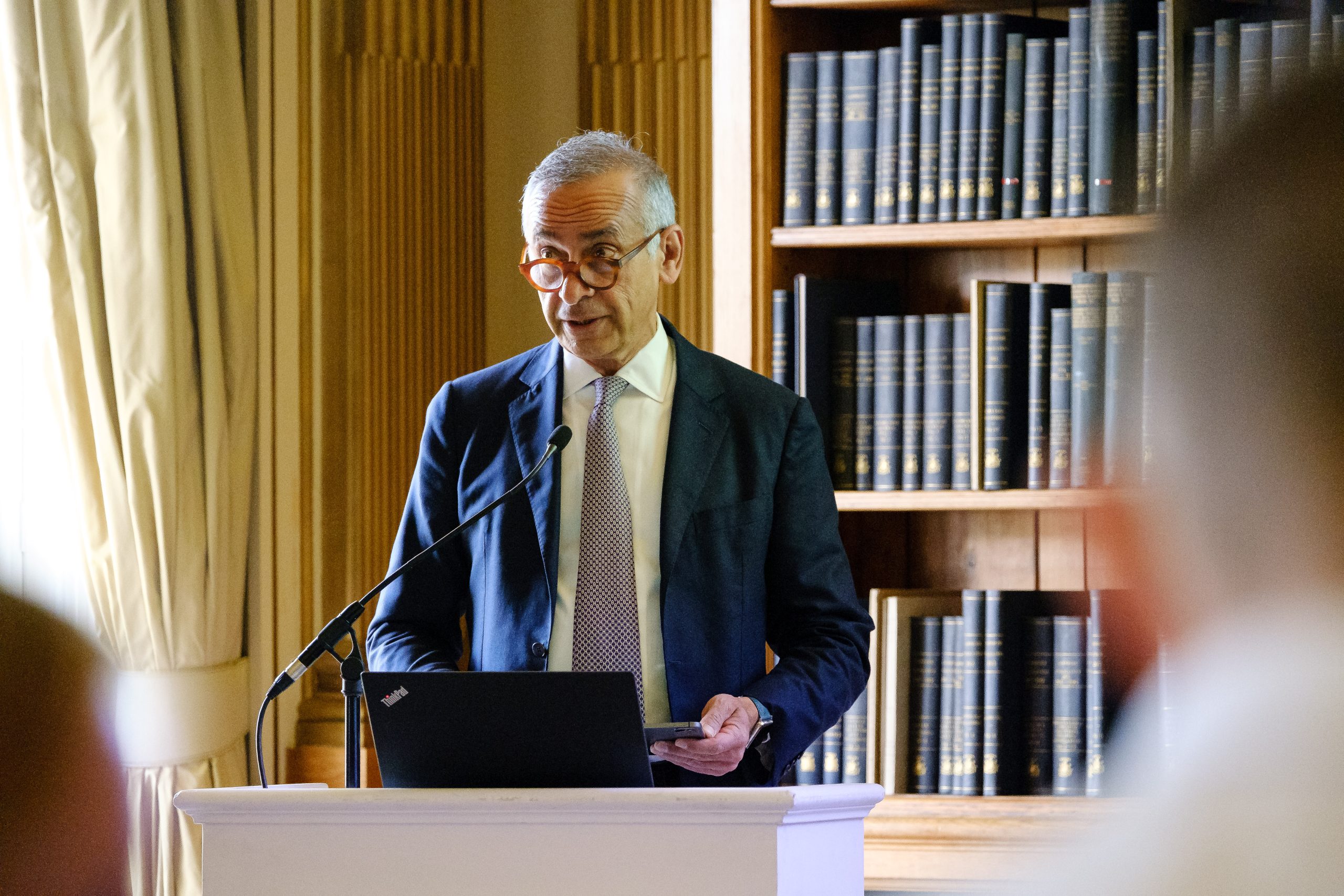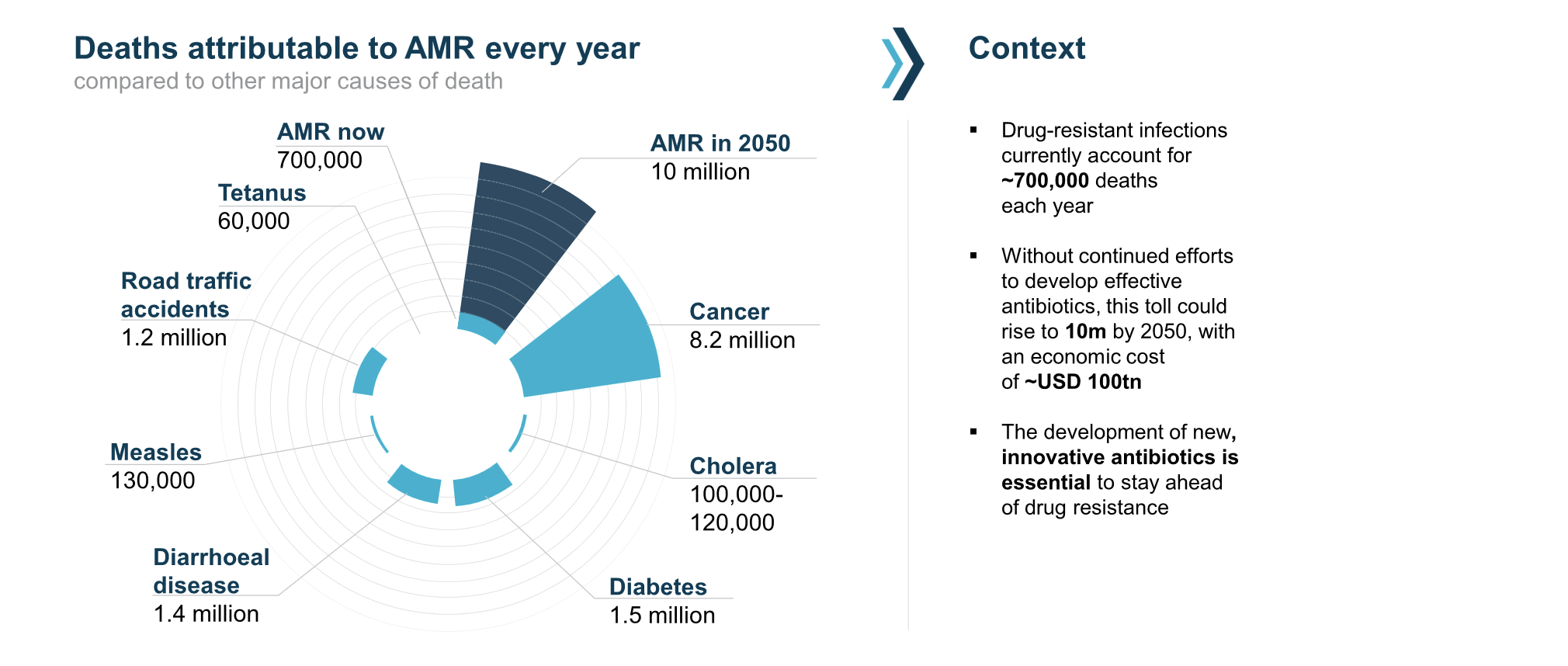
Sepsis kills five people every hour and accounts for about 50,000 deaths per year in the UK alone. To mark World Sepsis Day, Professor Anthony Gordon, Chief Investigator of the SepTiC study and Head of the Division of Anaesthetics, Pain Medicine and Intensive Care (APMIC), who is also a consultant in intensive care medicine and NIHR Senior Investigator, sheds light on how the study aims to find more effective treatment for sepsis patients.
[Updated September 2025]
Sepsis is one of the most serious conditions medical teams deal with. It’s life threatening and always considered a medical emergency. We don’t fully understand why it effects some people at different times but we do know it is caused by the immune system having an extreme response to an infection, most commonly due to an infection caused by bacteria. This causes organs to stop working properly and the body to damage itself because of that immune response, sometimes leading to multiple organ failure.
Patients with sepsis can deteriorate rapidly and this can sometimes be difficult to spot because the symptoms, such as fever, pain and breathlessness, are common to many other diseases. Anything we can do to improve care for these patients is vital to improving outcomes.
For patients receiving critical care in the intensive care unit, this can be even more challenging because they aren’t always able to tell us how they are feeling. But these patients are also at the highest risk because they are already so unwell.
This is why research to refine and improve treatments for sepsis is so vital – so we can respond as quickly as possible, in the most effective way, to help more patients make a full recovery, without lasting side effects.


